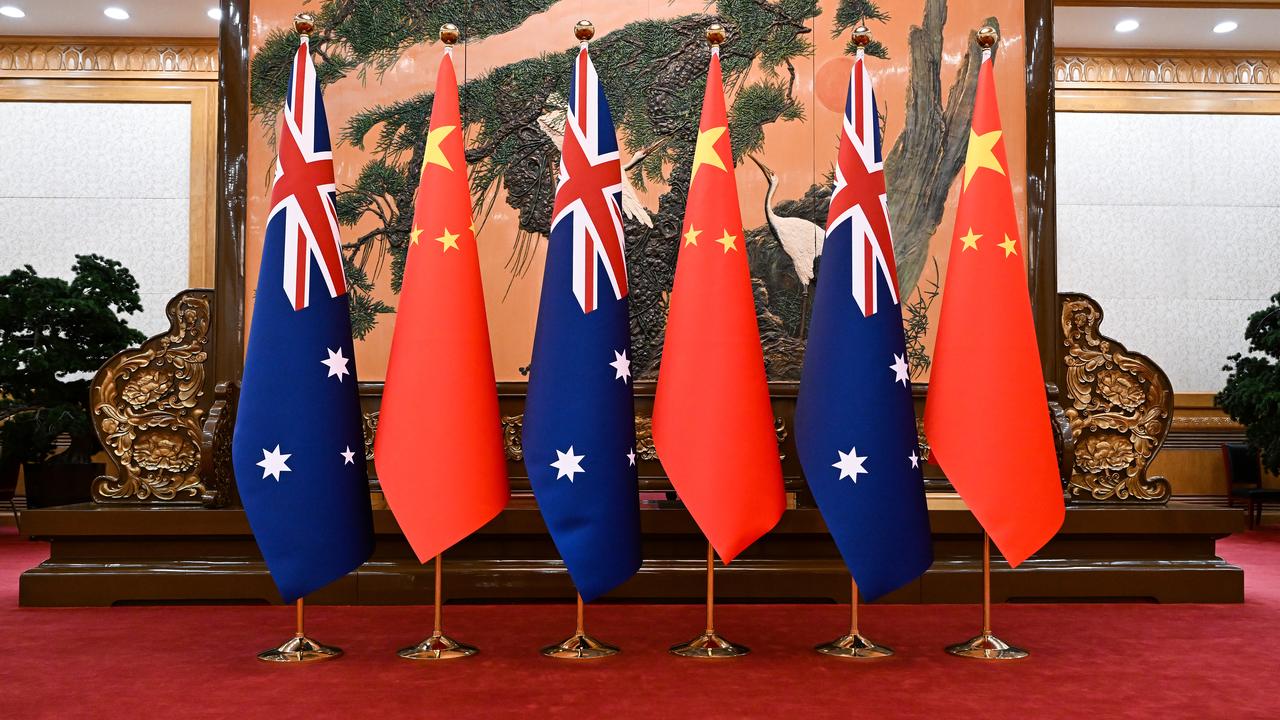Strengthening ties between Chinese and Australian artificial intelligence researchers could be on the agenda when the prime minister visits China this week, as Beijing seeks to capitalise on trade tensions with the US.
With President Donald Trump’s tariffs straining relations with Australia’s traditionally closest ally, China’s top diplomat in Australia Xiao Qian has called for greater collaboration in fields like AI, healthcare and green energy under a revised free-trade deal between the two nations.
Prime Minister Anthony Albanese’s visit to China on Saturday comes as the Sino-Australian relationship continues to build following a downturn in relations under former Liberal prime minister Scott Morrison.
“China and Australia are natural partners with complementary economic strengths,” Mr Xiao wrote in an opinion piece published in the Australian Financial Review on Monday.
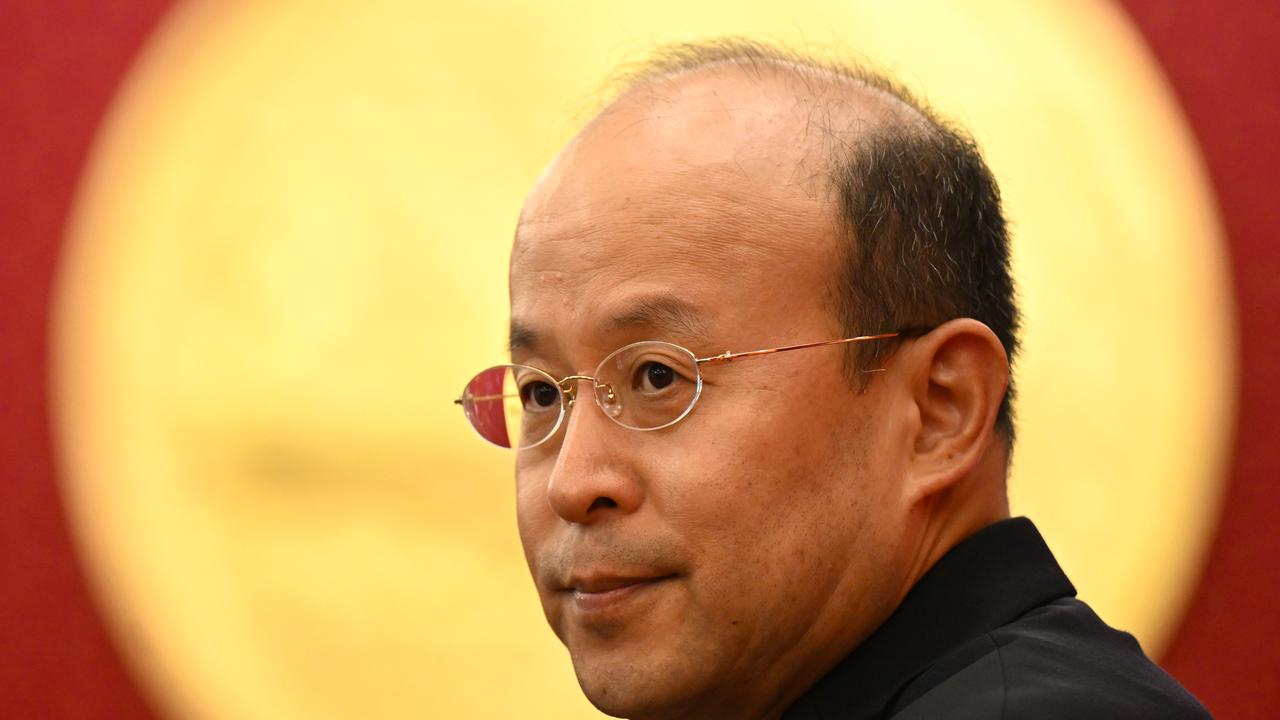
“Standing at a new historical starting point, now is the time to advance bilateral relations with steady progress.”
Trade volumes between the two nations have bounced back after China lifted sanctions on Australian exports.
The ambassador believes Mr Albanese’s visit marks an opportunity to broaden the terms of the 10-year-old free-trade agreement.
“We are willing to review the agreement with a more open attitude and higher standard, further consolidate co-operation in traditional areas such as agriculture and mining, and actively explore new growth areas in emerging fields like artificial intelligence, healthcare, green energy, and the digital economy, elevating practical co-operation to new heights,” Mr Xiao wrote.
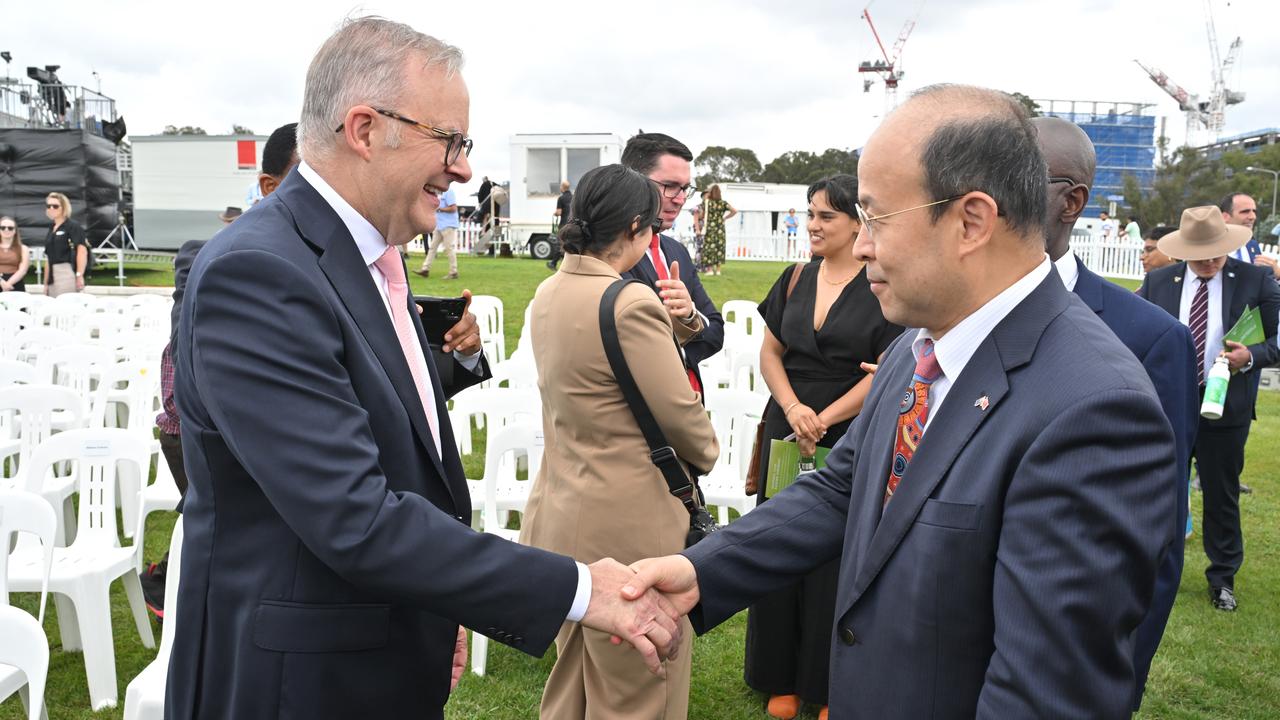
The promotion of AI ties, amid the Albanese government’s agenda to boost productivity, follows similar provisions in recently signed trade deals between Australia and partners such as Singapore, the UK and the UAE.
These clauses encourage sharing AI research and commercialisation opportunities between the countries, as well as promoting its responsible use.
There are attractive opportunities to deepen research collaboration in the fundamental science of AI, even though there are challenges to expanding the use of Chinese AI programs in Australia, said UNSW Professor Toby Walsh.
“It’s going to be very hard for us to have too deep relationships within terms of AI, because you can touch upon things like data sovereignty and various other things that we value,” the AI expert told AAP.
“It’s not like just sending them gold and they take it, and that’s the end of the partnership.
“Sharing technologies like AI could pose significant national security and other risks.”
Allowing Chinese tech companies access to the Australian market has been a sore spot in the bilateral relationship.
In 2018, then-Liberal prime minister Malcolm Turnbull banned the Chinese tech giant Huawei from developing 5G infrastructure in Australia over concerns the Chinese government could force the company to hand over Australians’ data or interfere with the network.
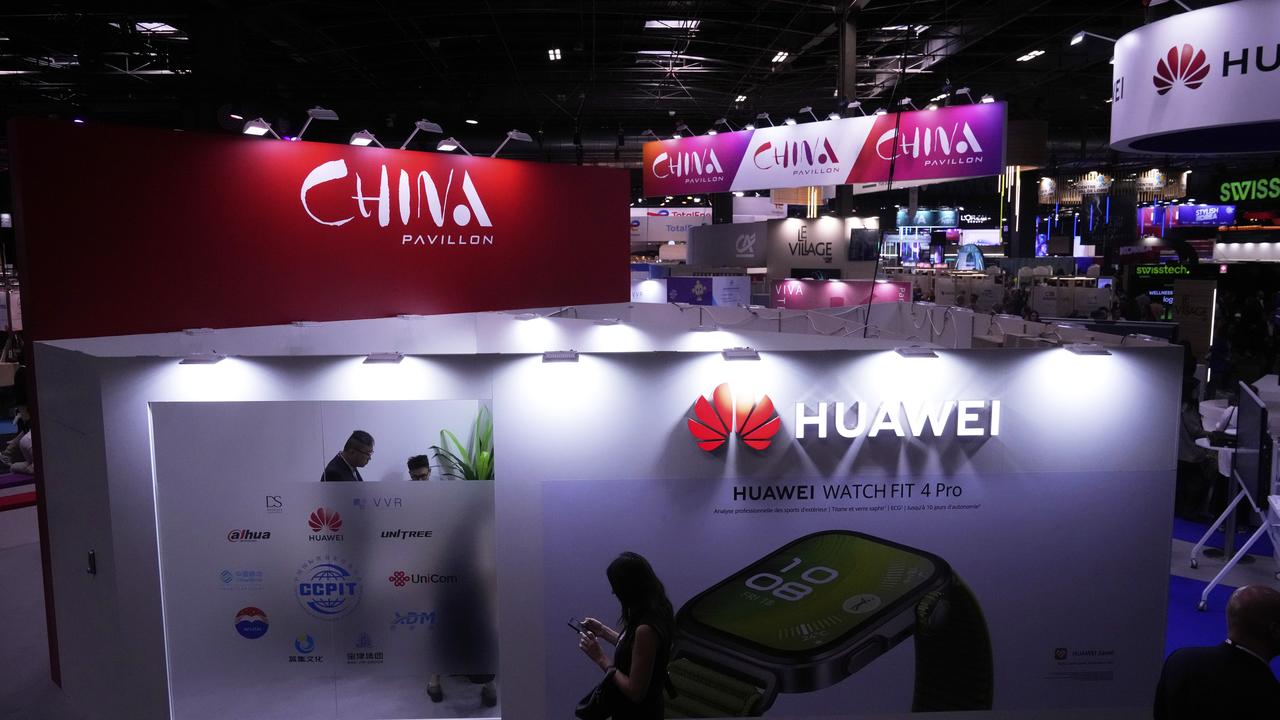
The decision prompted strenuous protests from Beijing and was a factor behind a subsequent diplomatic fallout.
Prof Walsh said there were still areas where collaboration could be beneficial without forfeiting Australian security.
“It’s about exchanging people, it’s training, it’s us going to work with them and them coming to work with us,” he said.
“So it’s things that we’ve always done in terms of scientific exchange, supercharging our science, supercharging their science, and then building our own business off the back of that scientific knowledge.
“China will be interested in partnering with us.
“We have wonderful medical data, and we have a joined-up healthcare system.
“There’s huge value in those national data sets we have that no one else has.”
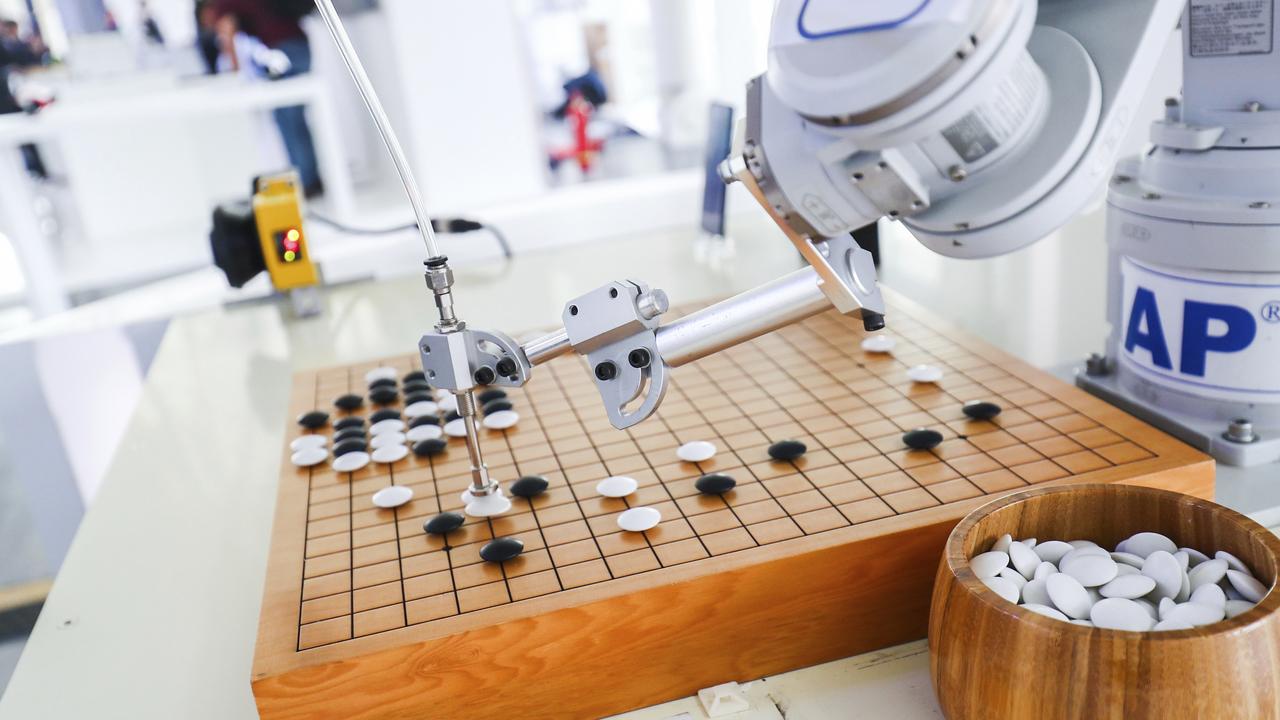
As the US drives a wedge through a fragmenting global order, Mr Xiao framed China as a like-minded partner for Australia – one that shares Australia’s interests in pushing back against unilateralism and protectionism.
China is willing to work with Australia to strengthen multilateral organisations like the United Nations and ASEAN, safeguard regional peace and the international rules-based order, and advocate for free trade, the ambassador said.
Assistant Trade Minister Matt Thistlethwaite said the government was seeking to strengthen access to China – Australia’s largest trading partner – in the best interests of Australians.
Australian Associated Press is the beating heart of Australian news. AAP is Australia’s only independent national newswire and has been delivering accurate, reliable and fast news content to the media industry, government and corporate sector for 85 years. We keep Australia informed.
